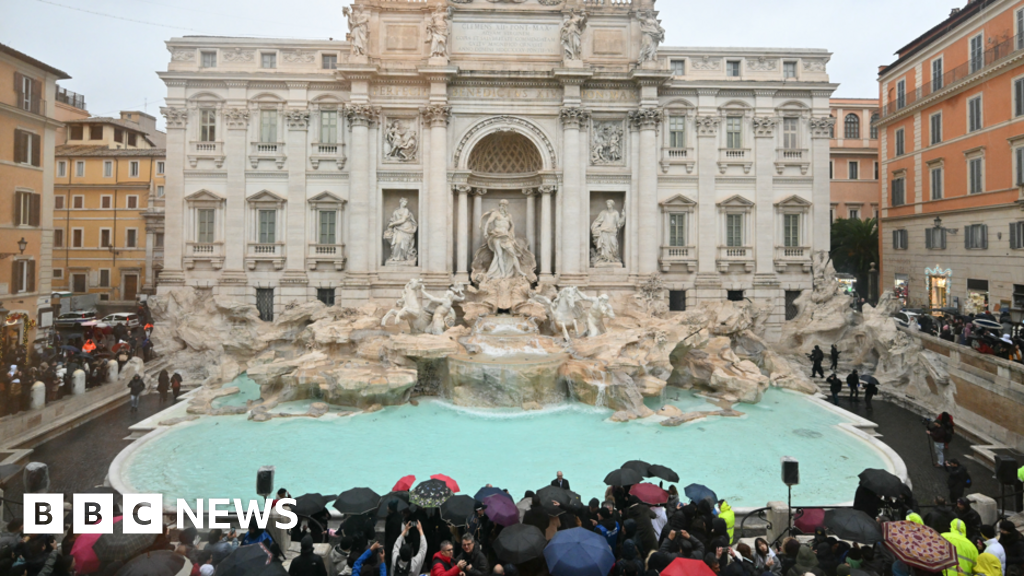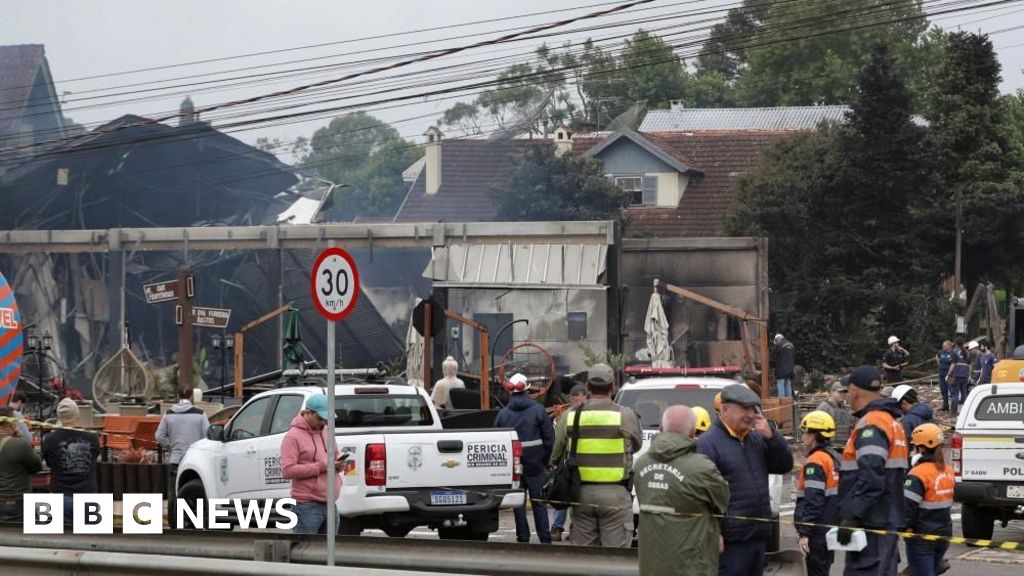Europe is striving to increase its domestic production of metals. Mines located in Northern Sweden will play a crucial role in fulfilling the EU's objectives, but they are already encountering resistance from local communities, foreshadowing potential challenges that may arise throughout the EU.
Copper, lithium, cobalt and Rare Earth Elements (REEs) are among the 34 metals and minerals classified as critical by the European Union. The EU's aim for carbon neutrality by 2050, along with modern weaponry and the increasing digitalisation of daily life, hinges on technologies that require more metals than ever before, making these materials prized commodities. But while the EU already consumes approximately a quarter of the world’s raw materials, it produces only about 3% of them.
Critical Raw Materials
In December 2023, the European Parliament adopted the Critical Raw Materials Act, which outlines targets for recycling, processing, trade, and crucially, domestic production.
By 2030, the EU wants to mine at least 10% of its annual consumption of critical raw materials. This objective seeks to enhance supply security and reduce dependence on foreign sources, such as China, which currently supplies almost all of the EU's REE needs.
Euronews travelled to Sweden, a mining powerhouse, to explore the implications of this target for the continent.
In Gällivare, Boliden operates the Aitik mine, Europe's largest copper mine. Klas Nilsson, the company's spokesperson, acknowledges the environmental impact but emphasizes Boliden's efforts to minimize it.
“Of course we have an impact on the environment. But should we build our entire climate transition on metals being produced in other continents?” says Nilsson, who argues for local production over imports from regions with lower labour and environmental standards.
But some locals like Katarina, who had to relocate due to mining expansion, express scepticism about the industry's environmental motives:
“They say that they have their mines for the sake of the climate. I call bullshit! They have their mines to make money. Nobody opens a mine to save the climate,” Katarina says.
Europe's last indigenous people
The region is also home to the Sámi, the EU's only indigenous people, who lament the fragmentation of their territory due to mining and industrial development.
Niila Inga, a reindeer herder, tells Euronews: “They need this iron or the copper, or whatever it is. So we have to move”
Regardless of the next EU elections’ results, metals will remain a priority for Europe, potentially heightening tensions between the need for energy transition and autonomy on the one hand, and local environmental concerns on the other.
Balancing these conflicting interests presents a challenge for Member states, as they navigate an uncertain shift from fossil fuel addiction to dependency on metals.

 7 months ago
31
7 months ago
31









